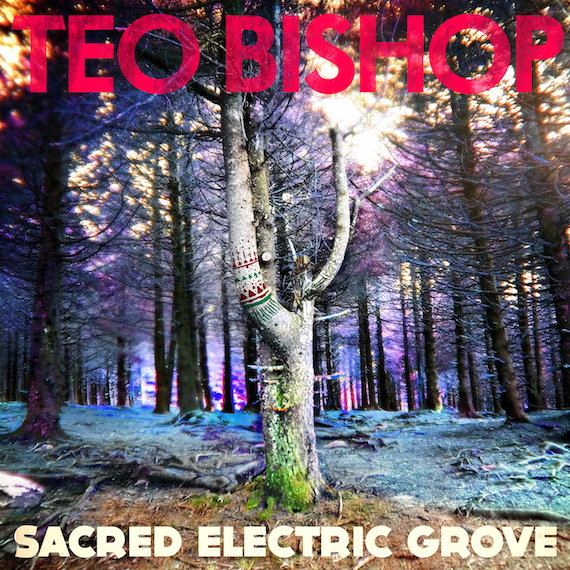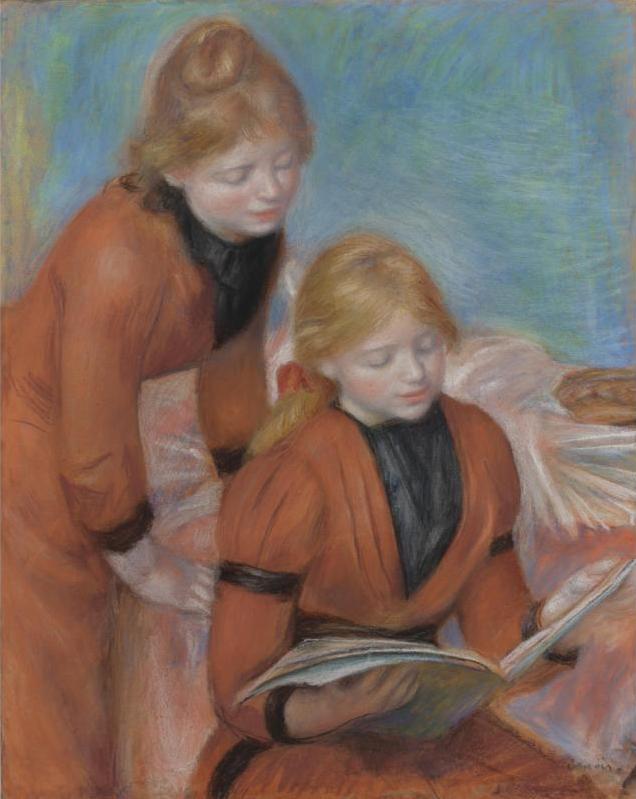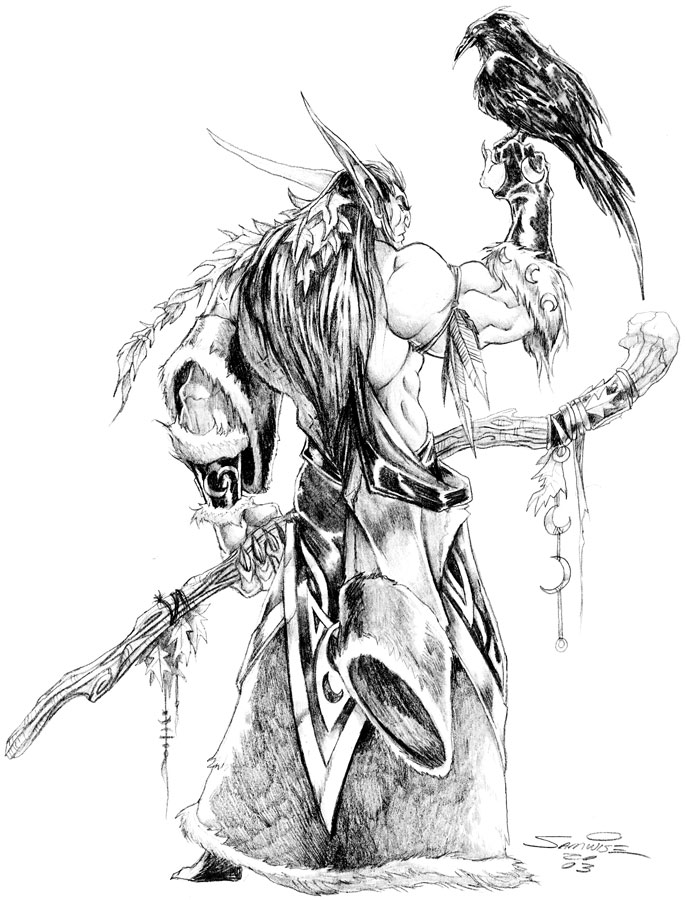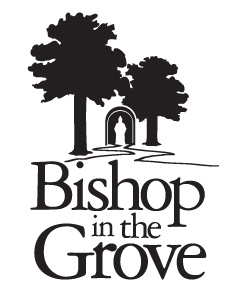Tag: Teo Bishop
-

Semi-famous Pagan Blogger / Semi-famous Recording Artist
The internet runs on an interesting mixture of transparency and secrecy. Some of us tell all, and others build identities behind which to hide. Some of us do a little of both. I began writing under the name Teo Bishop in 2009 in order to provide me with the safe space to explore my evolving religious identity. […]
-

New Pagan Music: Join Me in the Sacred Electric Grove
In modern times, a Bard is one who sees their creativity as an innate spiritual ability, and who chooses to nurture that ability partly or wholly with Druidism. – From Druidy.org, OBOD For well over a year my voice has been heard by my readership only as text. You’ve come to know me by reading […]
-

Looking a little closer at Pagan Leaders, Clergy, and Teachers
An online academic journal called Hybrid Pedagogy posted a piece that I wrote about a student’s perspective on pedagogy, which for those (like me) who aren’t teachers by trade, is the method and practice of teaching. There is a discussion happening in academic circles about the changing roles of teacher and student. The “brick and […]
-

You Say Tomato, I Say Druid.
Ever since I took the name, Teo Bishop, and made it my own — both in a religious sense and through the proper legal channels — I’ve had cause to explain what it is that I do on this blog. My writing, as well as my deepening engagement with my own spiritual work, are both […]
-

I, Teo Bishop, am Coming Out as Teo Bishop
It was my first time being fingerprinted and I couldn’t stop giggling. I wasn’t drunk. I wasn’t being arrested, either. I was in the police station by choice, and the man who was gently rolling my inked fingers across the regulation fingerprint-card was taking it all in stride. “You know,” I said, “this action, when taken […]




